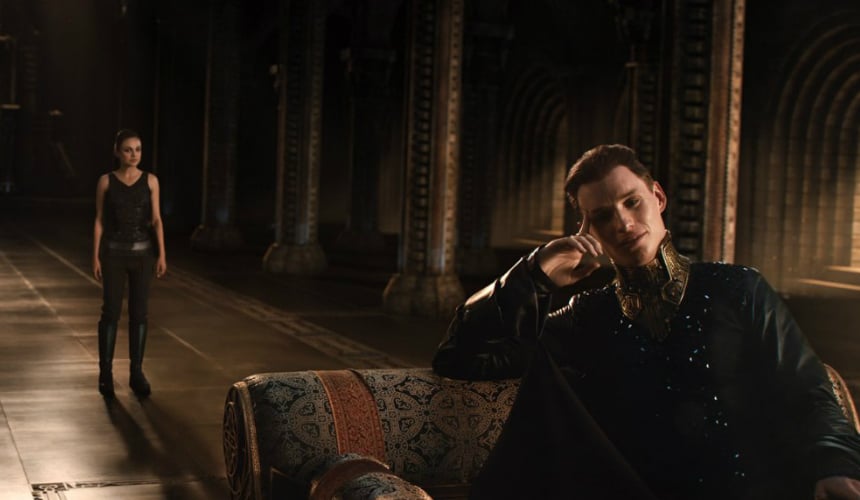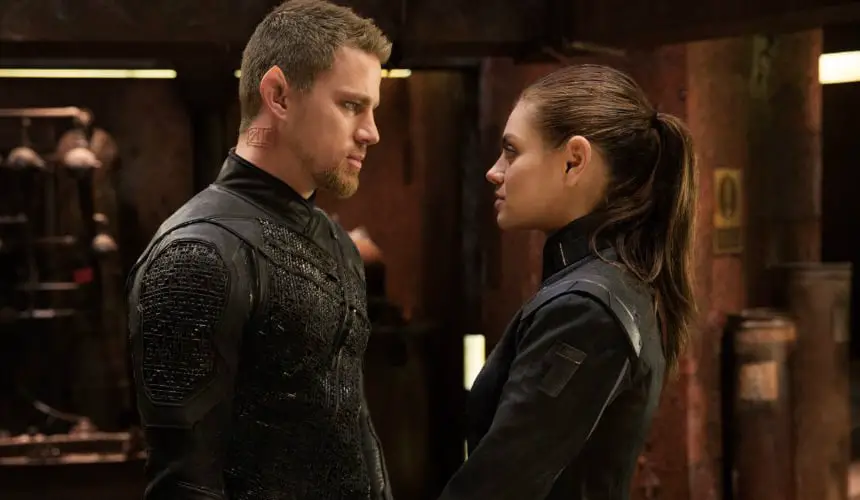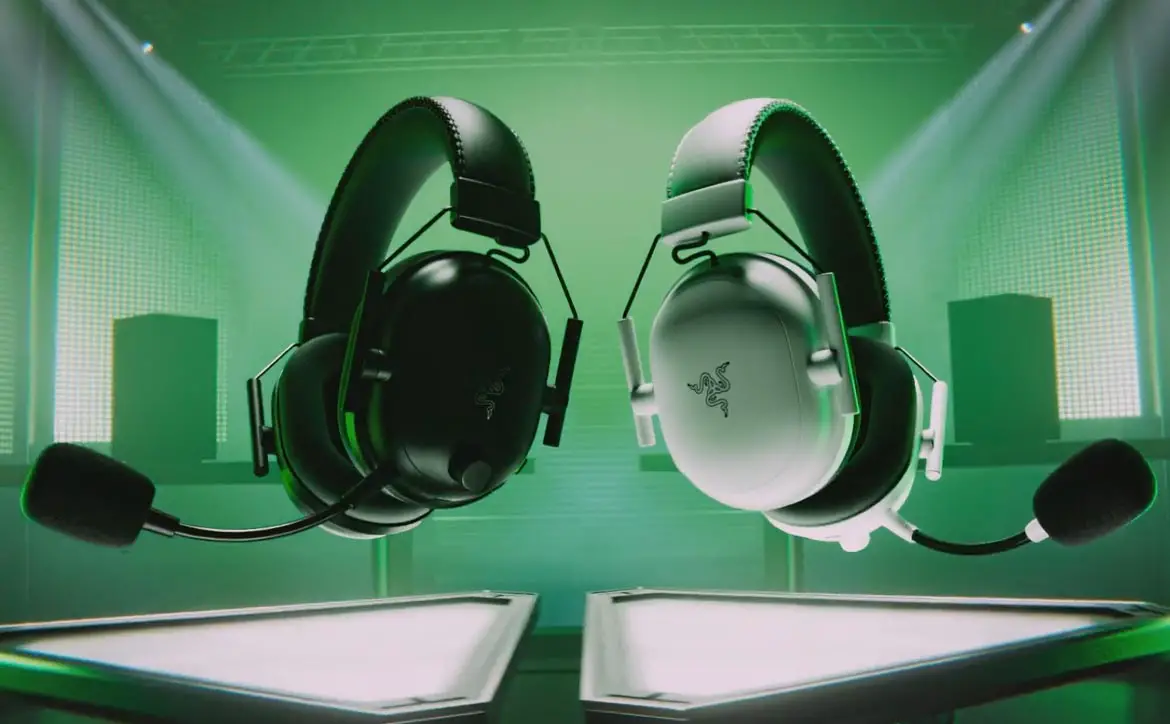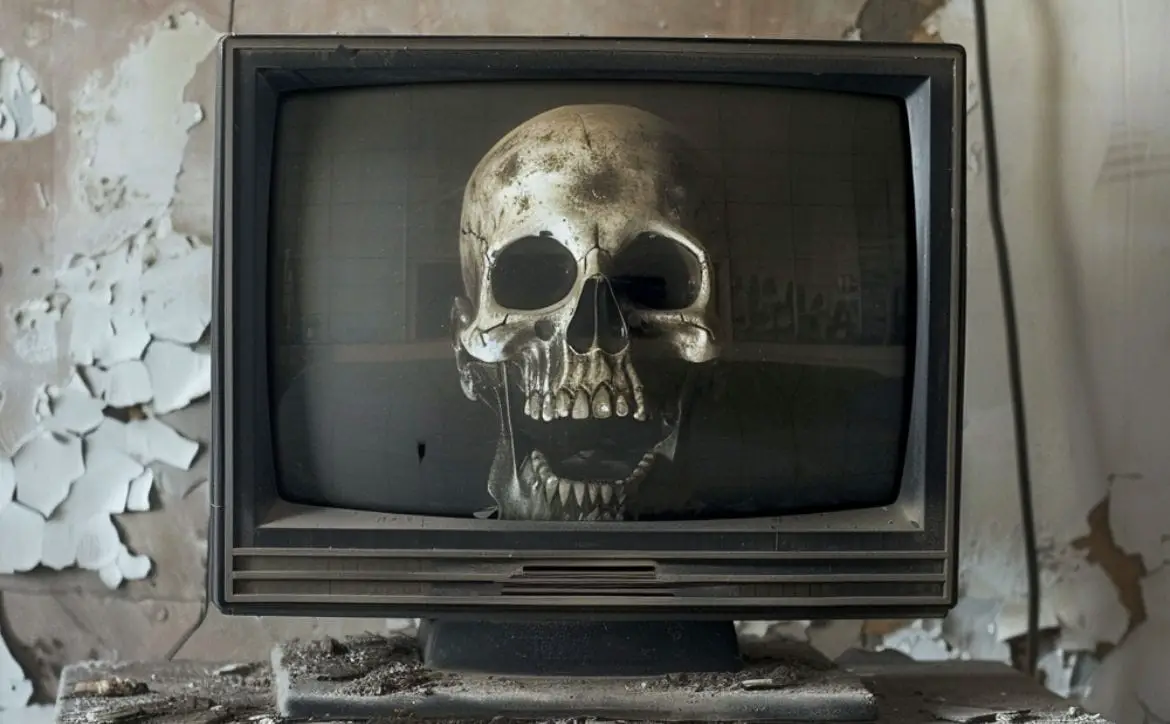Preparing for this Jupiter Ascending review, it didn’t seem possible that The Wachowskis – who brought Cloud Atlas and the beloved Matrix to cinemas – could possibly make a mess of a science fiction premise as interesting as a race of aliens from another planet coming to harvest humans. Unfortunately, the directorial duo tanked hard left into the muck of the young adult genre and avoided doing anything with the interesting universe that is constantly looming just beneath the surface. While it certainly succeeds on a visual level, as you’d expect from the team behind it, almost every other aspect of the film is a huge miss.
The Wachowskis’ intention is clear with Jupiter Ascending – create a space opera which incorporates themes from several well-known icons of the genre. Once the film gets past establishing Mila Kunis’ character, Jupiter, as the daughter of Russian immigrant housemaids and starts to get into the science fiction aspects of the universe, things get murky quick. Dozens of different alien races are introduced at a rapid-fire pace with no distinguishing qualities between them besides appearances. Jupiter Ascending wants you dive into the universe it has created and be apart of the story at hand, but every time it starts to invite you in and you may feel like you’ve got a foothold in the rapidly changing landscape, another fold is introduced, another crevice crammed full of a weird-looking alien species. There are films that can balance a crazy amount of alien races with ease, but such movies spend time to develop all their characters, or at the very least are not trying to take themselves as seriously as Jupiter Ascending does.

Underneath it all, the themes of Jupiter Ascending are meant to be dark with world-changing stakes at hand, but its flippant method of tossing characters into the mix is the same way the plot is handled. There is a paper-thin layer of making the universe at large analogous to the problems on our own Earth, but they are never touched on deeper than “greed is BAD, killing people is BAD.” At one point the main villain even turns to Mila Kunis, grins, and responds with “…for profit,” when she asks why he wants to kill everyone on Earth. You can’t get anymore blatant and just plain lazy than that when it comes to coating your movie with some form of comment on society at large.
With all the flashy and well done effects throughout the film, the biggest shame is that none of them are used to advance the plot in any way. There are epic set pieces of course – filled with massive explosions, near death experiences, enemies with Stormtrooper syndrome, and more exploding ships than you can possibly imagine – but nothing of importance happens during them. All of the big plot points happen in bland shot-reverse-shot conversations. It’s not just one or two expository dialogue sequences at the beginning either. From start to finish all of the plot is laid out in these boring moments where the pacing comes to a screeching halt so two main characters can discuss what happened in the last scene or what is going to happen in the next.
In a way, The Wachowskis wrote themselves into this corner with how many new things they are constantly introducing. Several factions vying to capture Jupiter, countless alien races in the background, and far too many pointless details about how the universe of the film works means that characters constantly have to stop and discuss what is happening so the audience isn’t completely lost. It’s not that these details are confusing in any way, but so much of the plot is built upon these intricacies that the story would make absolutely no sense if these boring expository segments weren’t present every ten minutes. But with that said, if you can’t make your story or universe interesting without having characters stop and talk about it throughout the whole movie, it probably isn’t a story or universe worth creating.
One thing I did appreciate that the film tries to do is tie in all these fantastical science fiction elements with real life happenings on Earth. The “Greys” that we know in Earth science fiction as abducting humans do just that in the universe of Jupiter Ascending, and we also see the convoluted way that crop circles are created. It’s just a shame that all these references to real-life phenomena are briefly touched upon before being left behind to following another lizard-dragon man talk to a mouse person.
It’s hard to count after just one viewing how many plot points were built off of total convenience, but it was certainly a lot. Enemies missing hundreds of shots while aiming for the main character can be forgiven in a space epic for the most part, but all of the bad decisions, pointless monologuing and other cliched events that lead to bad guys being dealt with is a little less forgivable.

Not once, not twice, not three times, but four times Channing Tatum has to bust in through a window or wall to save Mila Kunis’ character over the course of the film. And every single time, the precarious situations she finds herself in are the result of her own poor decisions. It’s one thing to have a fish out of water character, which is what Jupiter is meant to be, but it’s another to have a character be so dull and so incapable of making decisions that she can’t do anything for herself. Many times throughout the film Jupiter or another character mentions Disney princesses (almost always awkwardly and out-of-place), but Jupiter is no Disney princess. More often then not she simply follows the direction of a villain, who she has no reason to trust, and ends up being trapped somewhere until big strong Channing Tatum can come save her. It’s not that she’s a “bad female character” (which she absolutely is), but she is just a terrible character in general. The Wachowskis apparently think hitting one person with a lead pipe makes a character “badass” because that is all she does throughout the film besides be captured and fall from high places so she can be saved. Jupiter’s entire character arc is that she starts the film being a bad at her job as a housemaid and slow at cleaning toilets, and ends the film cleaning them more efficiently and making coffee for her ungrateful family faster.
Mila’s performance doesn’t help Jupiter’s case, either. She does fine during the more toned-down segments of the film, but when things ramp up and she’s in distress, her lines are always forced and her whining just never fits the emotion that she should probably be portraying. Falling from a 70-story building while alien ships are shooting at you? Yelp like you saw a spider that mildly spooked you. Not entirely the fault of her own, but far too often her only role in a scene was to stare blankly while other people did things, or convinced her to make her nonsensical decisions.
Other performances range from bland to perfectly fine. Sean Bean is Sean Bean and did nothing to elevate his character outside of being Boromir in space. As much as I do like Channing Tatum in movies where he can be a bit of a goofball mixed with physical action, Jupiter Ascending is not such a film. He’s meant to be taken seriously – outside of a few quips with Sean Bean’s character – but its difficult to take the half-man half-dog soldier thing seriously.
All the great acting in the world would not save the muddy characters that Jupiter Ascending presents the audience with. The forced love story comes out of absolutely nowhere and is nothing more than a flimsy way to have Channing Tatum constantly come to the rescue. Chemistry is never shown between Jupiter and Caine, it’s just blatantly told to the audience when the time is right.

Visually, Jupiter Ascending is impressive enough. Destruction fanatics will have a lot to write home about, and there great imposing shots of Jupiter (the planet, not Mila Kunis) as well as the countless ships flying in and out of its clouds are always a treat. The action, unfortunately, mirrors the plot and characters in the sense that it is extremely cluttered. Ship battles especially are just a jumbled mess of metal parts and explosions, with no real sense of danger or tension thanks to the main characters seemingly being a bubble of invulnerability the whole time. Following the several cuts between faction ships is always confusing, being that they all blend together so much. When every group is just a collection of weird aliens and big ships with jutting parts they all lose their personality and blend into each other.
Last Updated on December 19, 2018.










Comments are closed.